
Of the 340 Registered Electric Vehicle Makers in China, Only One is Profitable – BYD!
Sales in China for this quarter are down, as they typically are in the first quarter due to the Chinese New Year holidays – not to mention the fact that there are definite question marks when it comes to the true health of the Chinese economy.
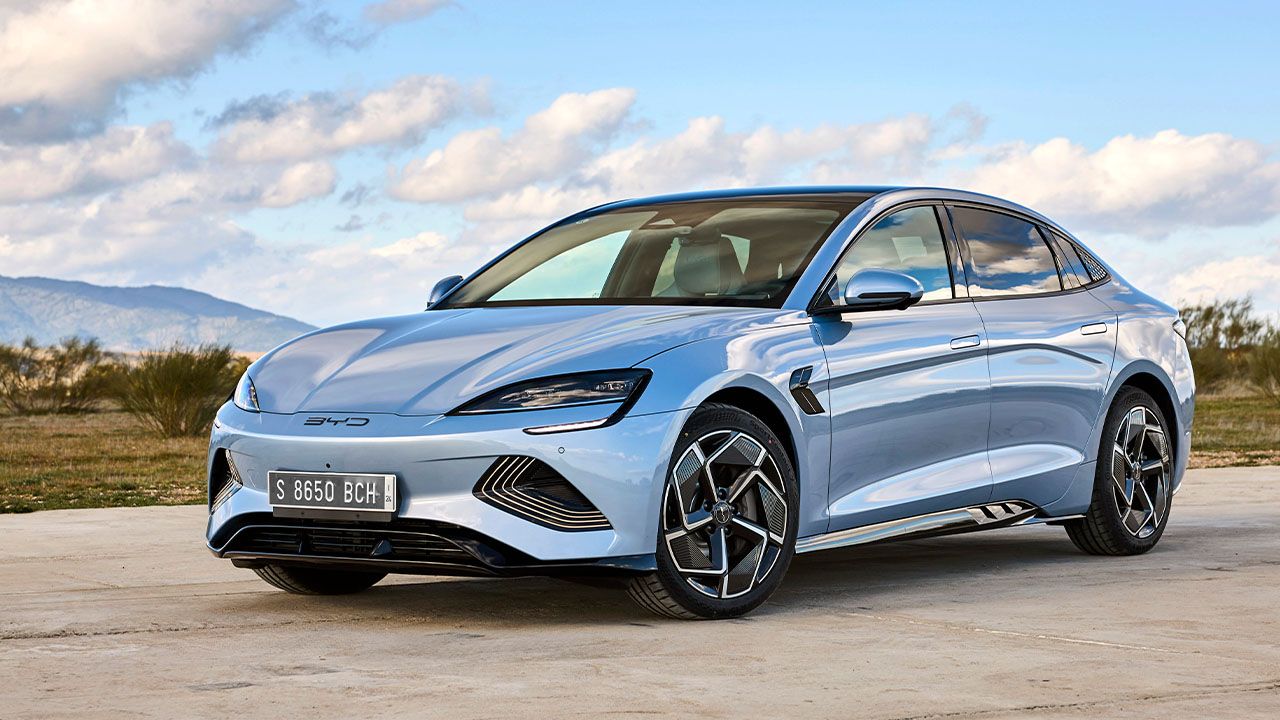
This revelation comes from the new boss of Stellantis for India and the APAC region, Ashwani Muppasani. And he would know since he was formerly President & Chairman at Stellantis Shanghai Automotive before taking on his new APAC role.
He also admitted that BYD had truly thrown the cat amongst the pigeons in India by launching its Tesla-rivalling sedan – the Seal – at an incredibly competitive price. With that said, he’s cognizant of the fact that EV demand has fallen off the cliff since governments in the West began retracting the thus far rather generous financial incentives offered to EV buyers in Europe and America (most of which have gone towards subsidising the sales of luxury EVs). All of which means that the upheaval in the global automotive industry is far from over.
Speaking of which, the words upheaval and BYD seem to be synonymous – as the Chinese carmaker appears to be singlehandedly upending the EV plans of most manufacturers. It’s done this by being the only truly vertically integrated EV manufacturer – producing its own batteries, motors, and chips. In fact, its proprietary blade batteries are perhaps the most advanced and safest electric vehicle battery packs around – so much so that even Tesla sources batteries from BYD for its Model Y mid-size SUV. Of course, it’s not just a supplier but also a competitor – perhaps the competitor. After all, in the last quarter (Q4 2023), BYD overtook Tesla to become the largest EV manufacturer in the world.
But it’s not all sunshine and roses for BYD. Sales in China for this quarter are down, as they typically are in the first quarter due to the Chinese New Year holidays – not to mention the fact that there are definite question marks when it comes to the true health of the Chinese economy. And that’s to say nothing of the geopolitical concerns that stem from China’s aggression over the past few years.
Warren Buffet was a huge proponent of BYD and, through Berkshire Hathaway, owned over 20% of the Chinese automaker – a stake that he’s more than halved recently, ostensibly because he doesn’t want to bet against the brilliance and business acumen of Elon Musk. But another investment that Berkshire Hathaway has divested in entirely is its share in the world’s largest chip maker, TSMC (Taiwan Semiconductor Manufacturing Company), because of concerns over the geopolitical future of Taiwan and China. Closer to home, China’s aggression on our Northern border has meant that the Indian government spurned the billion-dollar investment that BYD had planned for India.
So, while BYD is developing cutting-edge cars at world-beating prices, it’s not the brilliance of Musk – or anyone else in the global automotive industry for that matter – it’s more likely to be the current policies of the CCP (Chinese Communist Party) that upend BYD’s plan for EV domination…


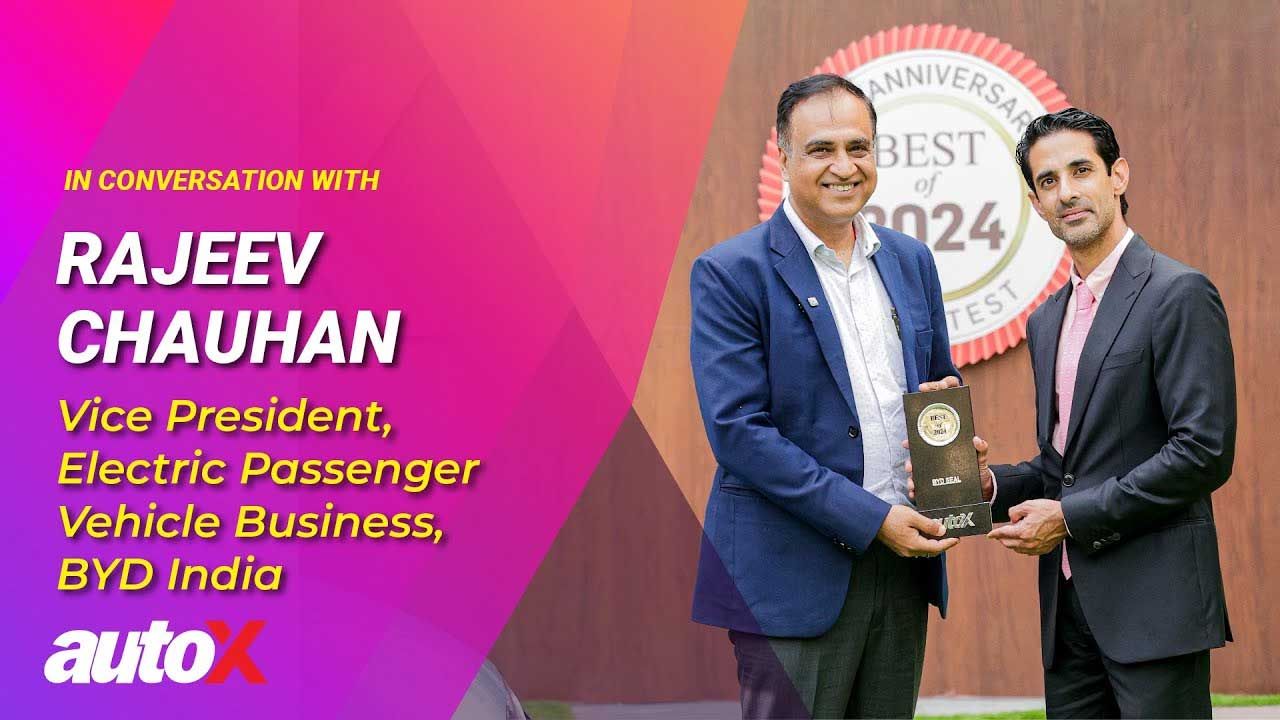
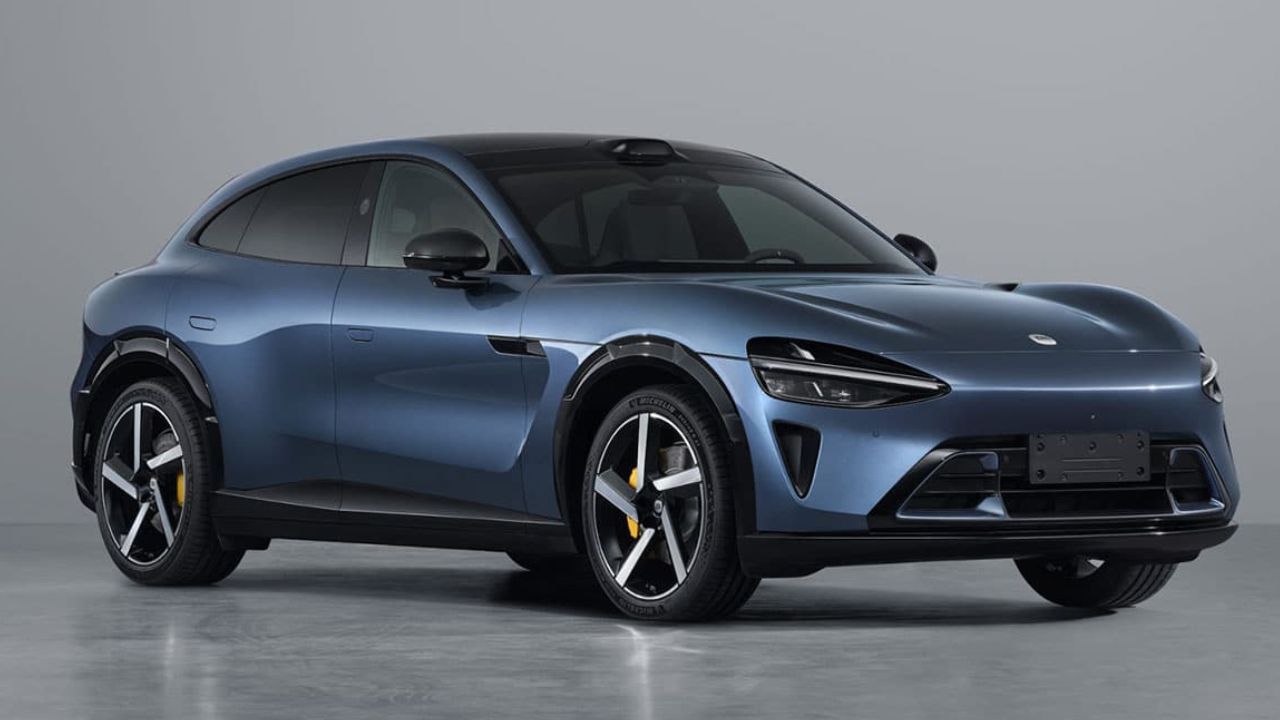
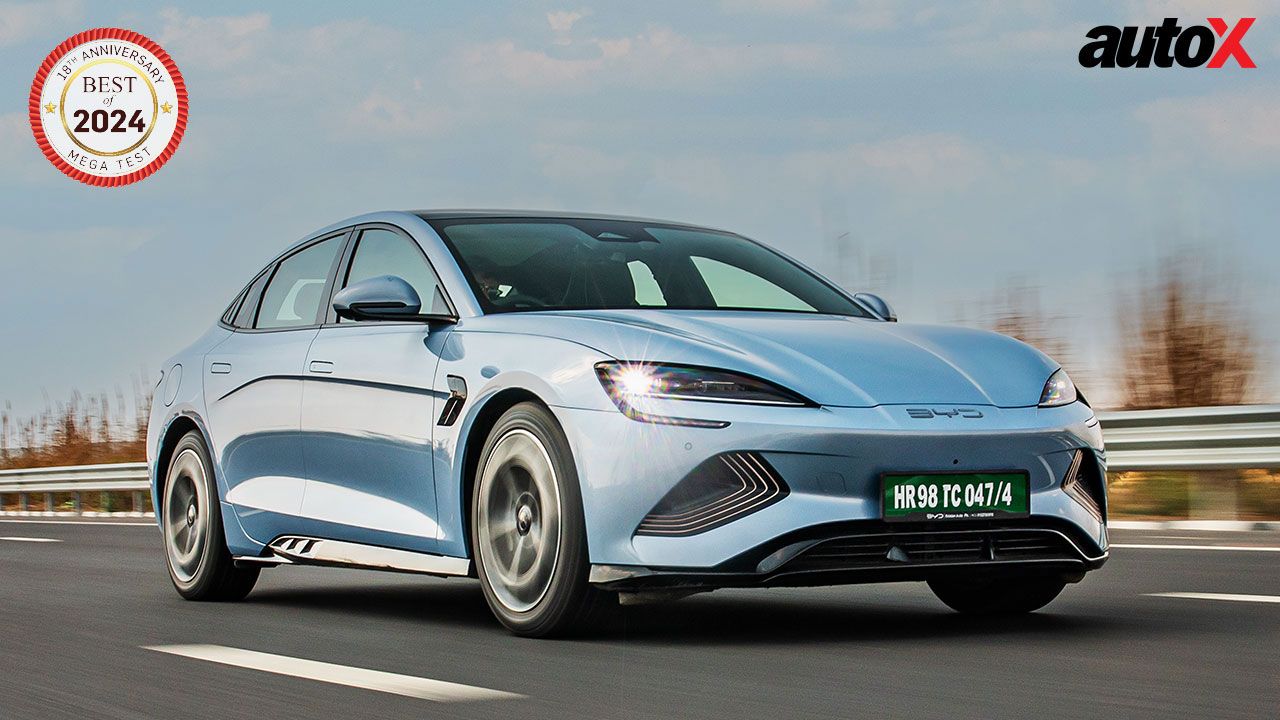
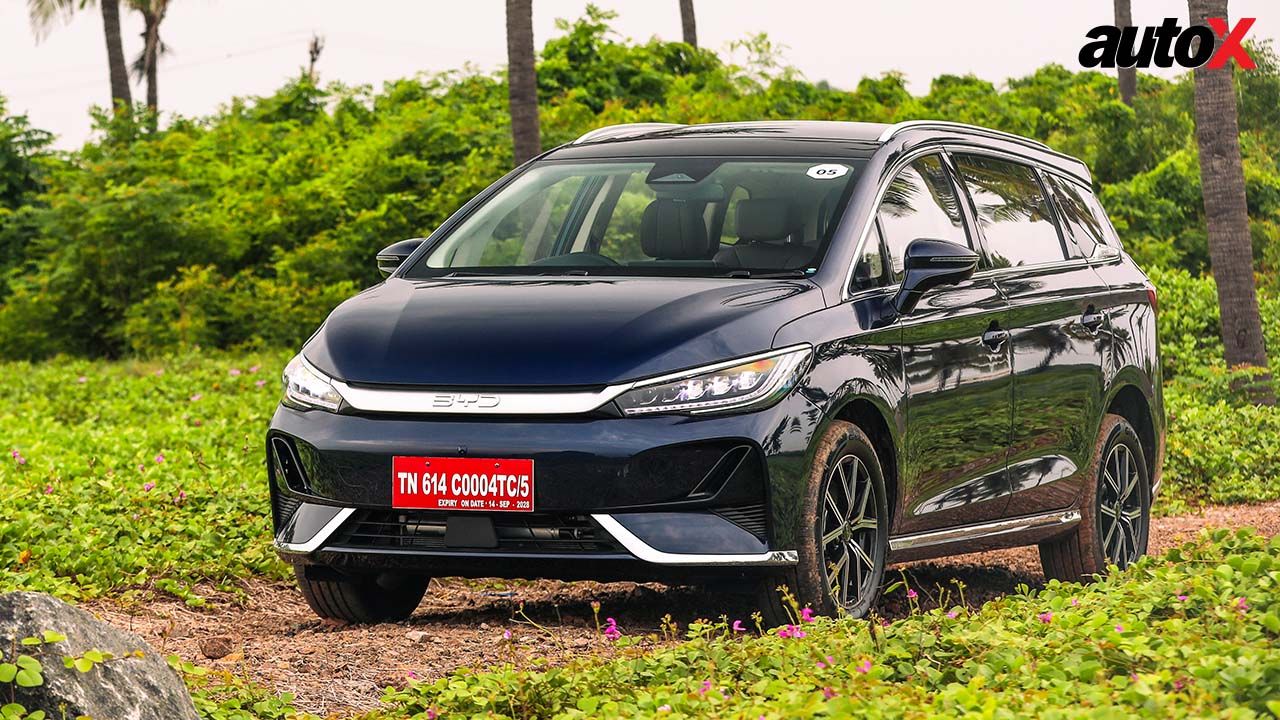

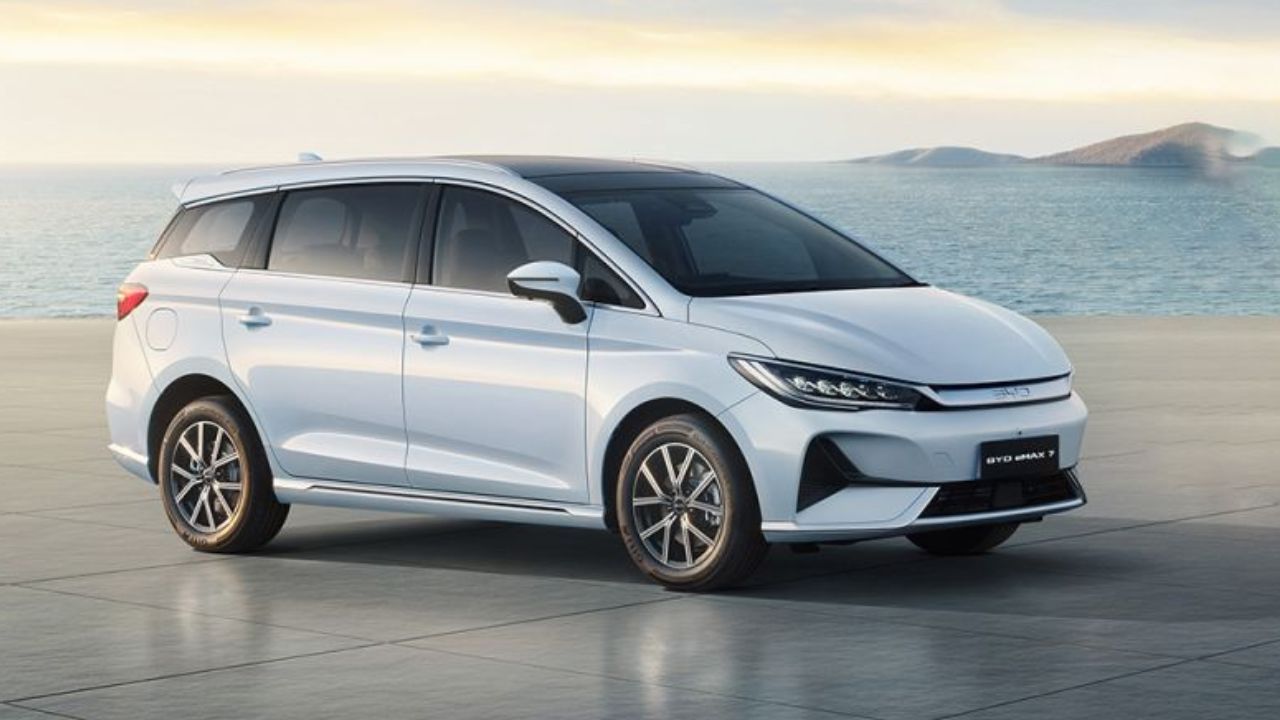

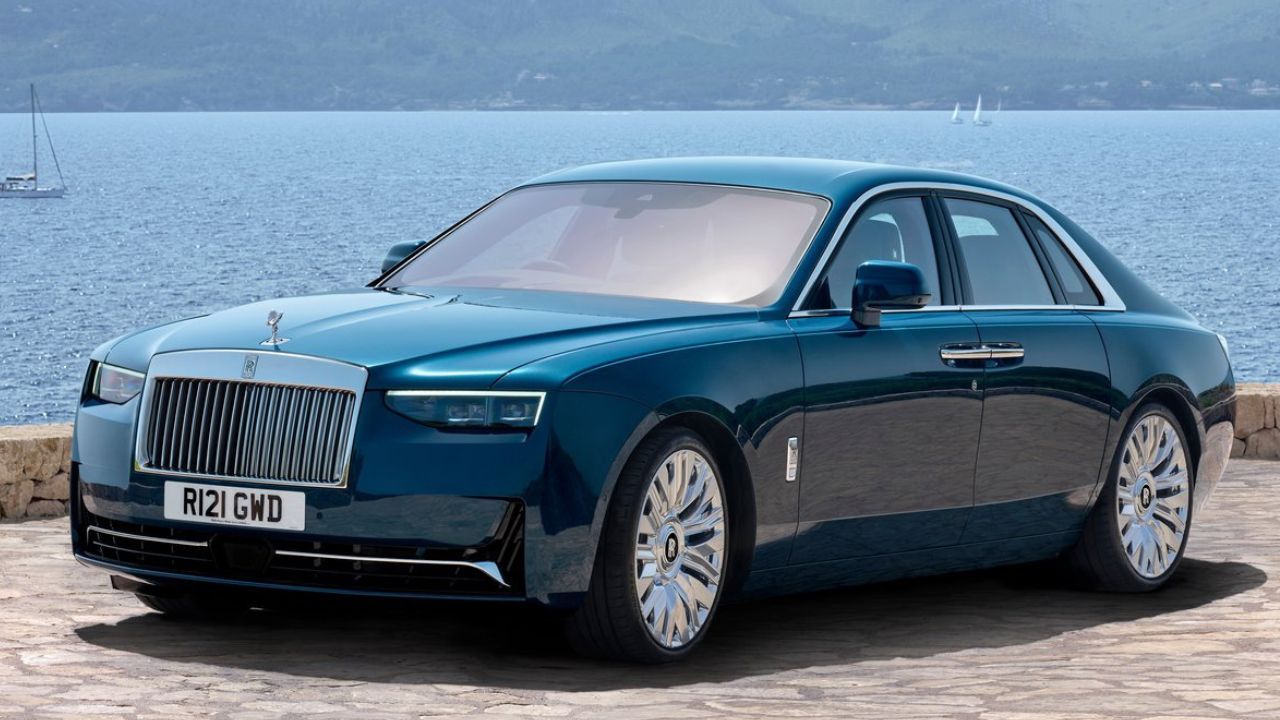
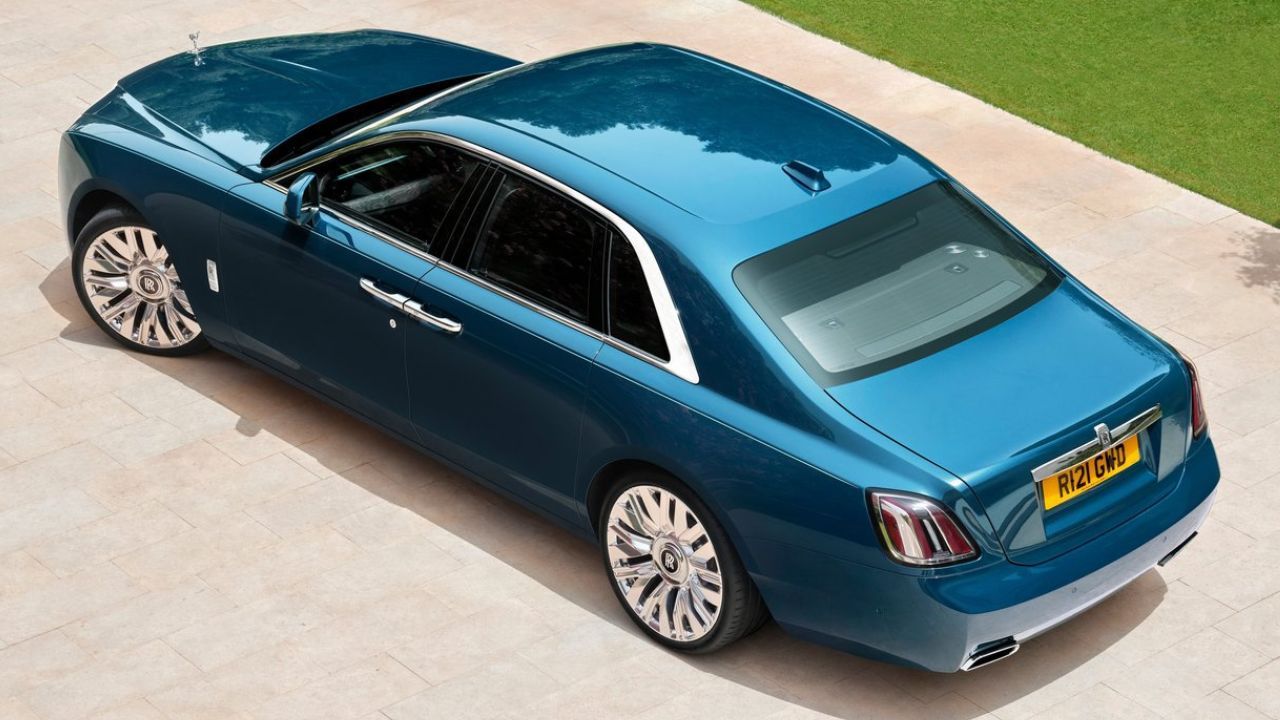
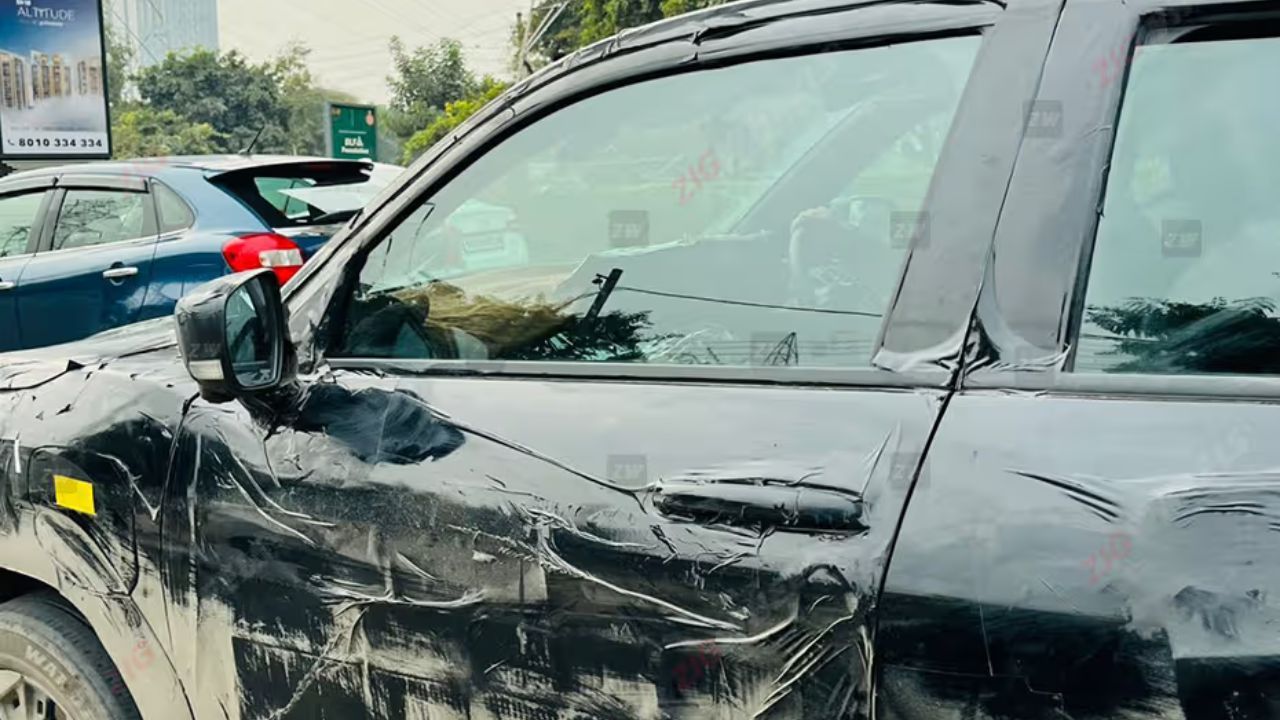
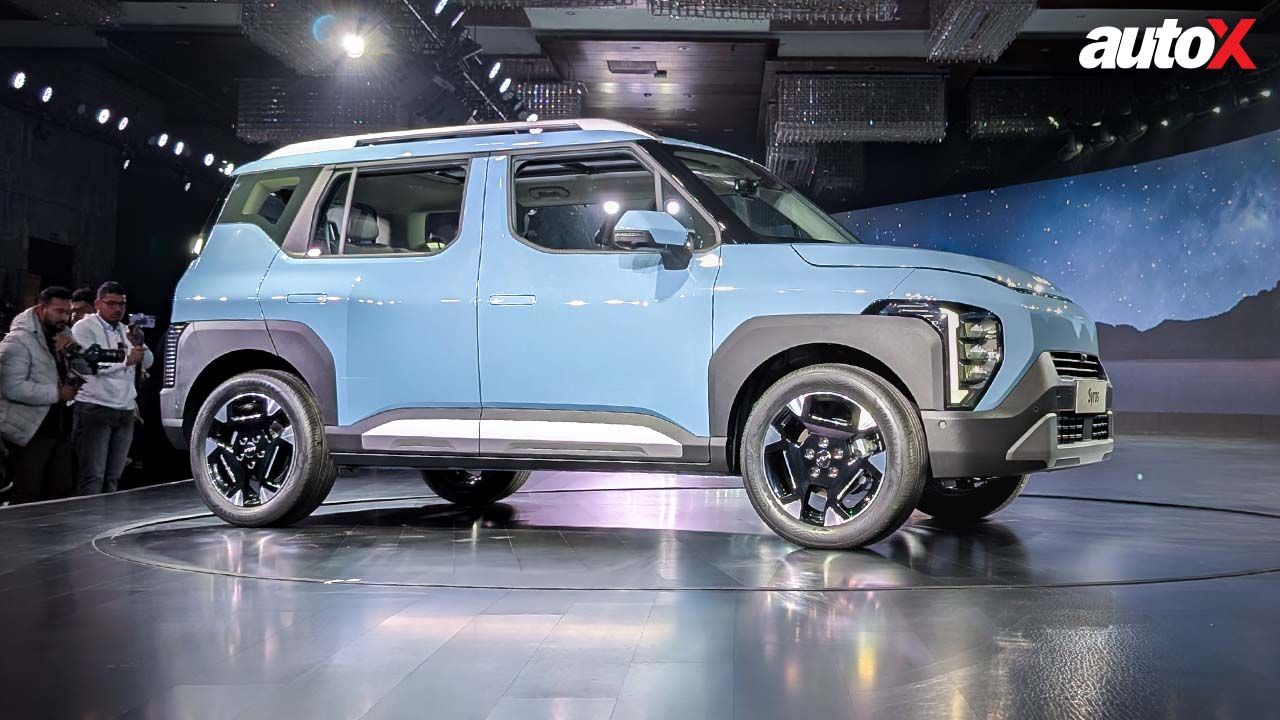
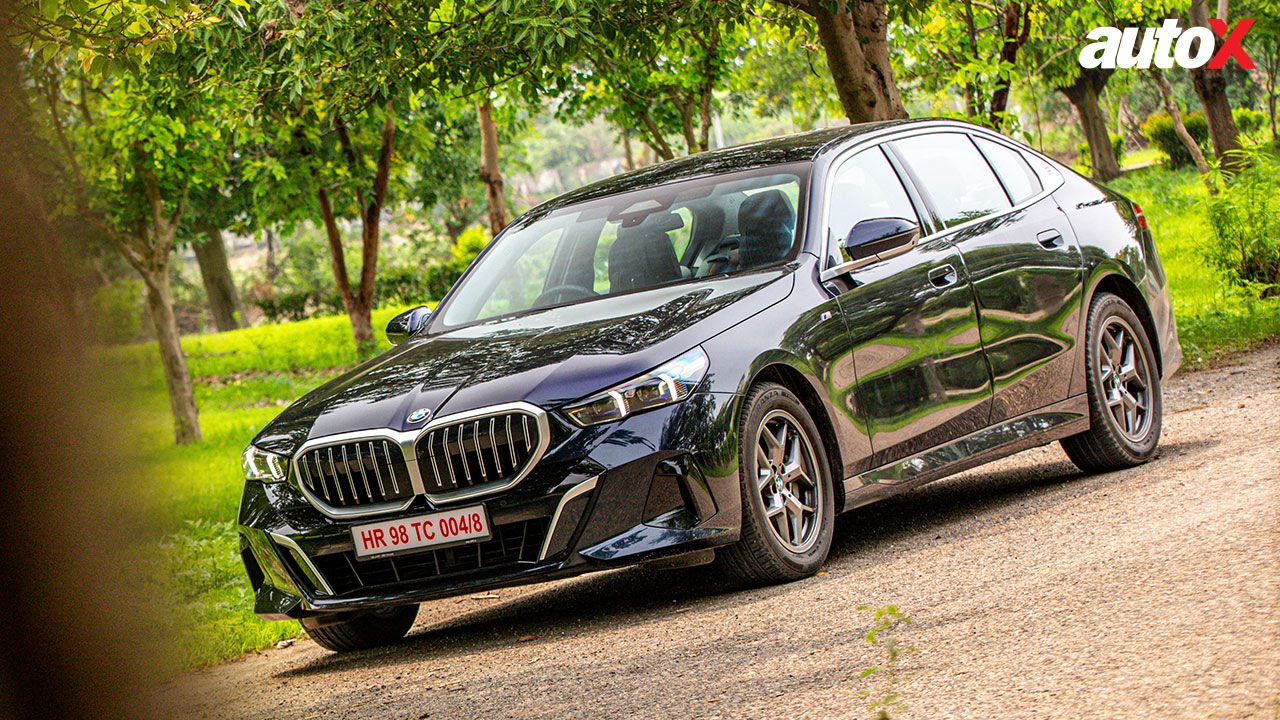
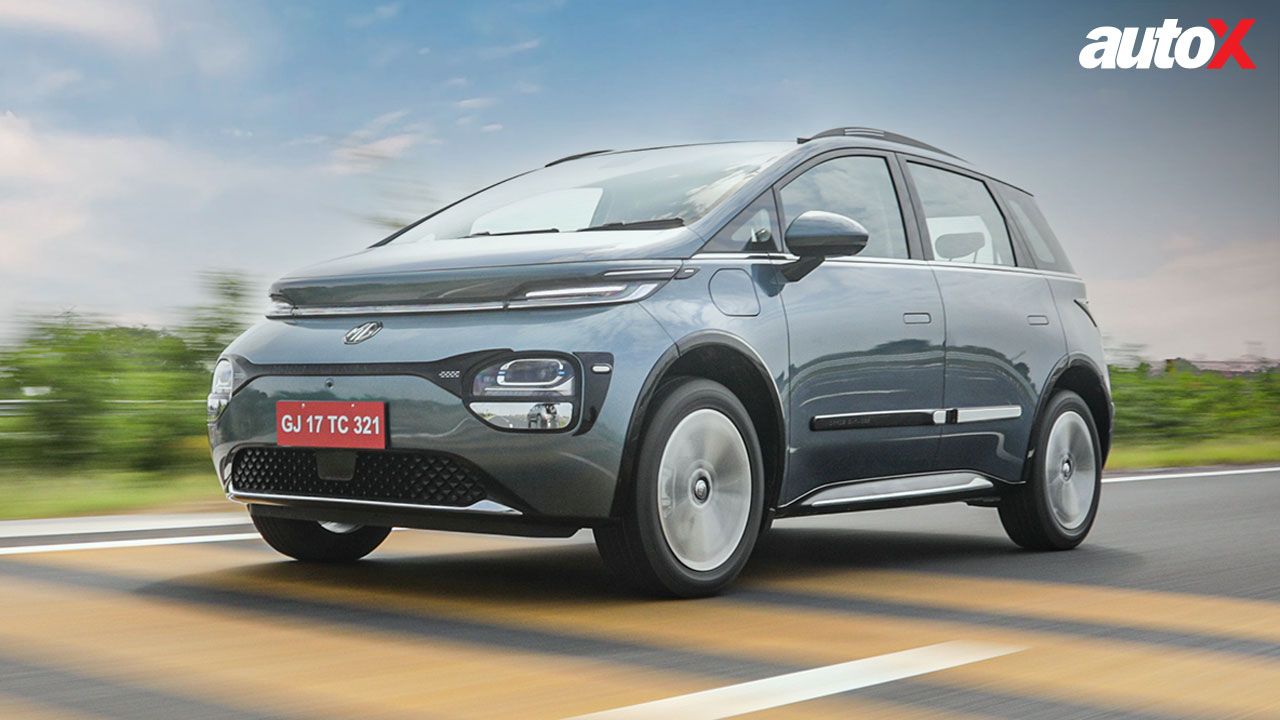
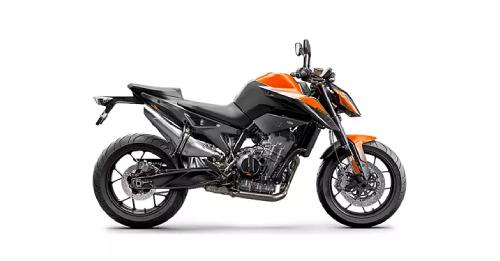
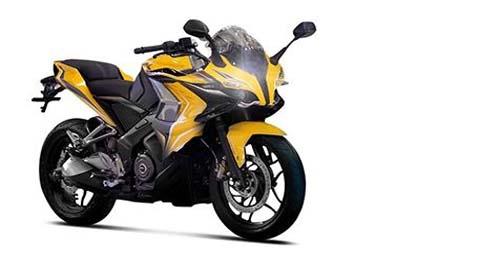
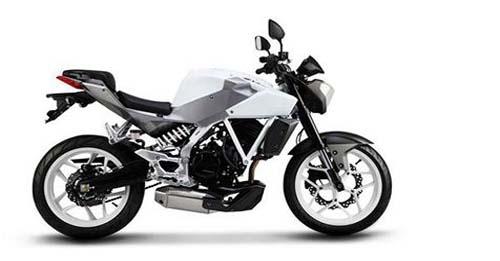
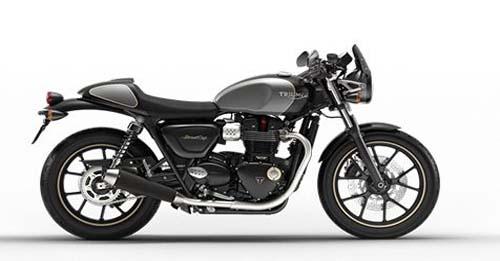








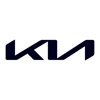

Write your Comment on